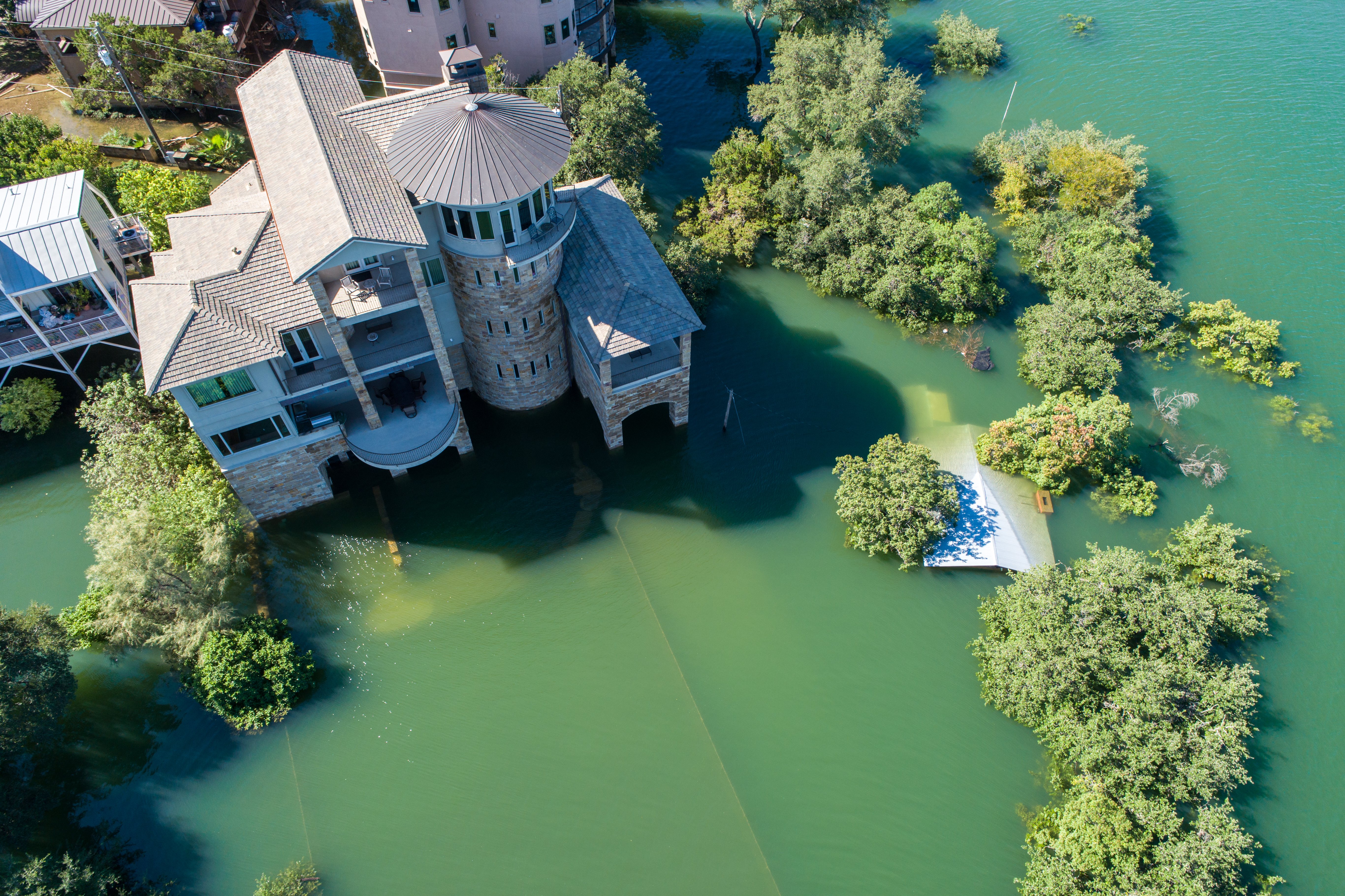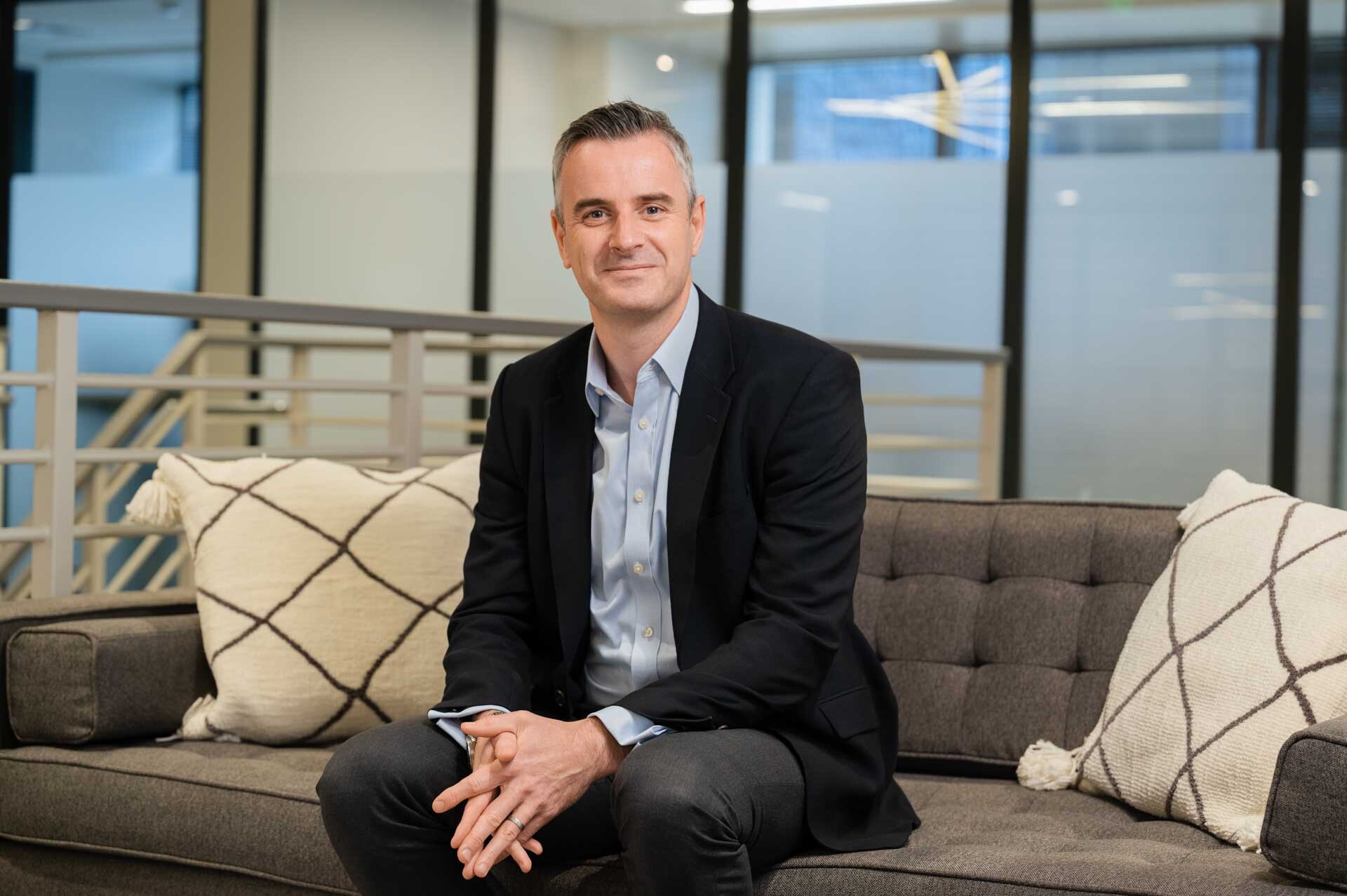Insurance 101 with Nephila Co-Founder Frank Majors

PURE Staff
July 15, 2022
Reinsurance refresh: a Q&A about reinsurance with Nephila’s Frank Majors
Insurance experts Aaron Abrahms, of Jasper Ridge Partners and the Columbia University School of Wealth Management, and Ross Buchmueller, CEO of PURE Insurance, host Insurance 101 on SiriusXM’s Business Radio.
In each episode of the special limited-engagement series that aired in the spring of 2022, Abrahms and Buchmueller led discussions with some of the most accomplished names and CEOs in the industry. Here, we share a recap of the episode with Nephila co-founder Frank Majors—all about reinsurance.
About Nephila
Nephila supports insurance companies' capital considerations, making sure that insurers can meet the needs of their policyholders and members on risks that are too large for them to handle alone. The company came to life through the minds of Frank Majors and co-founder Greg Hagood, high school friends who were working in New York in the early ‘90s.
Fascinated by an emerging trend in the insurance market where he was working as a “struggling reinsurance broker” at the time, Majors came to Hagood who worked in mortgage securitization. The two discussed the possibilities surrounding securitizing insurance risk and its potential to transform the industry. They put together a business plan based on the concept of securitizing catastrophe risk, a perennial issue facing insurance and reinsurance companies.
The Q&A
AA: I know the word Nephila relates to hurricanes, one of the original catastrophe risks you took on. Can you give us a rundown of the main types of risks that your team reinsures?
FM: When you buy an insurance policy from a name brand insurance company, those companies do not want to hold the capital or take the volatility of a huge event happening where they might lose a couple billion dollars because they have an aggregation of risks in one geographic area. So, for hundreds of years, those insurance companies have been laying that risk off to companies called reinsurance companies. Even today, the biggest risk we take is U.S. hurricanes.
RB: When you think about climate and emerging risk, going back to 1998—could you see that? Was that part of your business plan? Walk us through that journey and how the dynamics of climate change have operated in the background of everything you've done.
FM: The climate has really become a major driver in the need for capital in the last five years, and particularly the last two or three years. I think wildfires have really spooked a lot of capital providers and it has become much more difficult to raise capital. Our cost of capital has gone up, but I do think that we’ve got a really great opportunity as an industry to augment what the government and NGOs are trying to do around climate change. I’m an economist by background, and I think putting a price on something is the best way to solve it.
AA: Ross and Frank, can you spend some time unpacking the Florida market right now and the moving parts that people who own homes in the state need to consider when trying to insure them?
RB: You know, in 1992, Hurricane Andrew comes and Florida realizes that the building codes weren’t strong enough, so those start to change. Insurers and reinsurers reevaluate aggregates. Hurricane models start to become more prevalent, and so the market becomes a little more logical and rational as it relates to understanding what could happen and how that gets managed. The understanding of damageability is one thing, but it also requires capital.
RB: You play this powerful role in the industry's ability to absorb risk. You're incredibly important, and yet, if we as insurance companies make you too important, we lose sight of our purpose to serve our clients first. If you see risk because of emerging climate threats as being more costly, and it's going to affect our cost of capital, it's a material effect. But when we start managing the company for the benefit of Nephila, we’ve got it backwards. How do you balance your own interests and duties versus your partners’ interests and duties?
FM: If what you’re saying is that we as an industry, the reinsurance industry, and a collective group of companies have a lot of power, I would agree with that. We have an important role. But I don’t think any individual company has got that much power in our market. I think that the brokers and insurance companies do a pretty good job of keeping the market fragmented and competitive. It’s an extremely competitive industry, just as the insurance industry is.
AA: As a consumer, how important is it to understand who your reinsurer is? Talk a little bit about the value chain and how insurance and reinsurance are interconnected.
FM: I think that understanding the credit quality of your insurer is really important, particularly in Florida because they do have legislation there. So, I think understanding the rating that a nationally recognized, respected rating agency provides is important.





